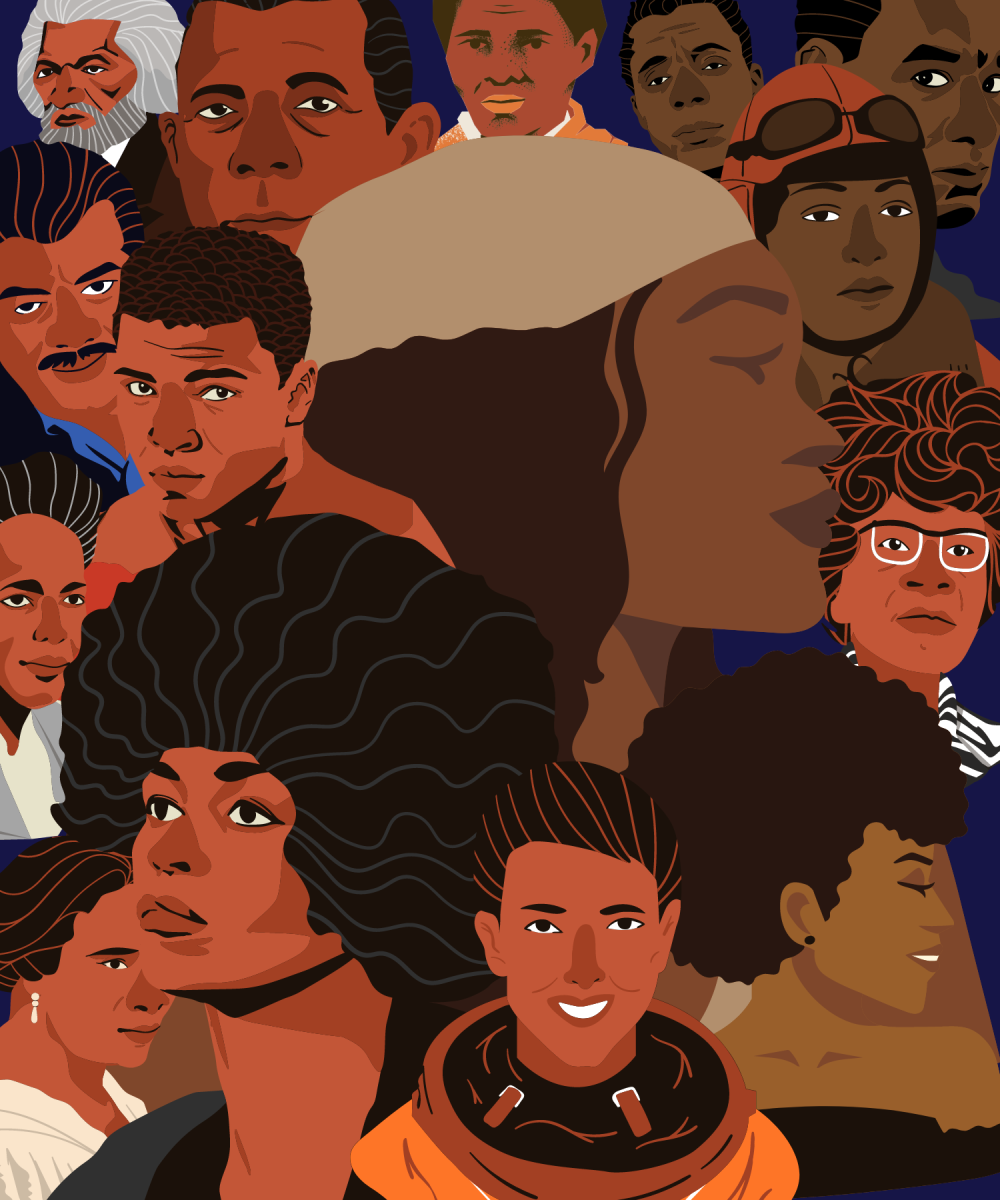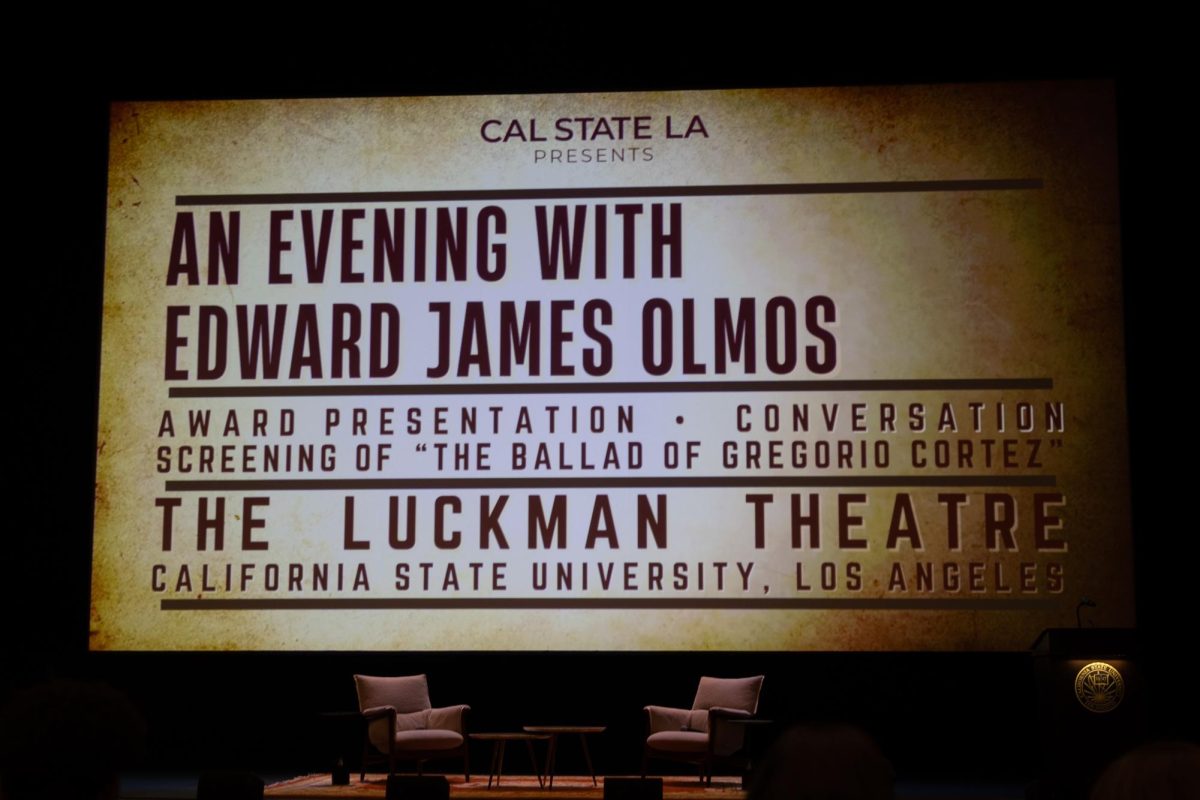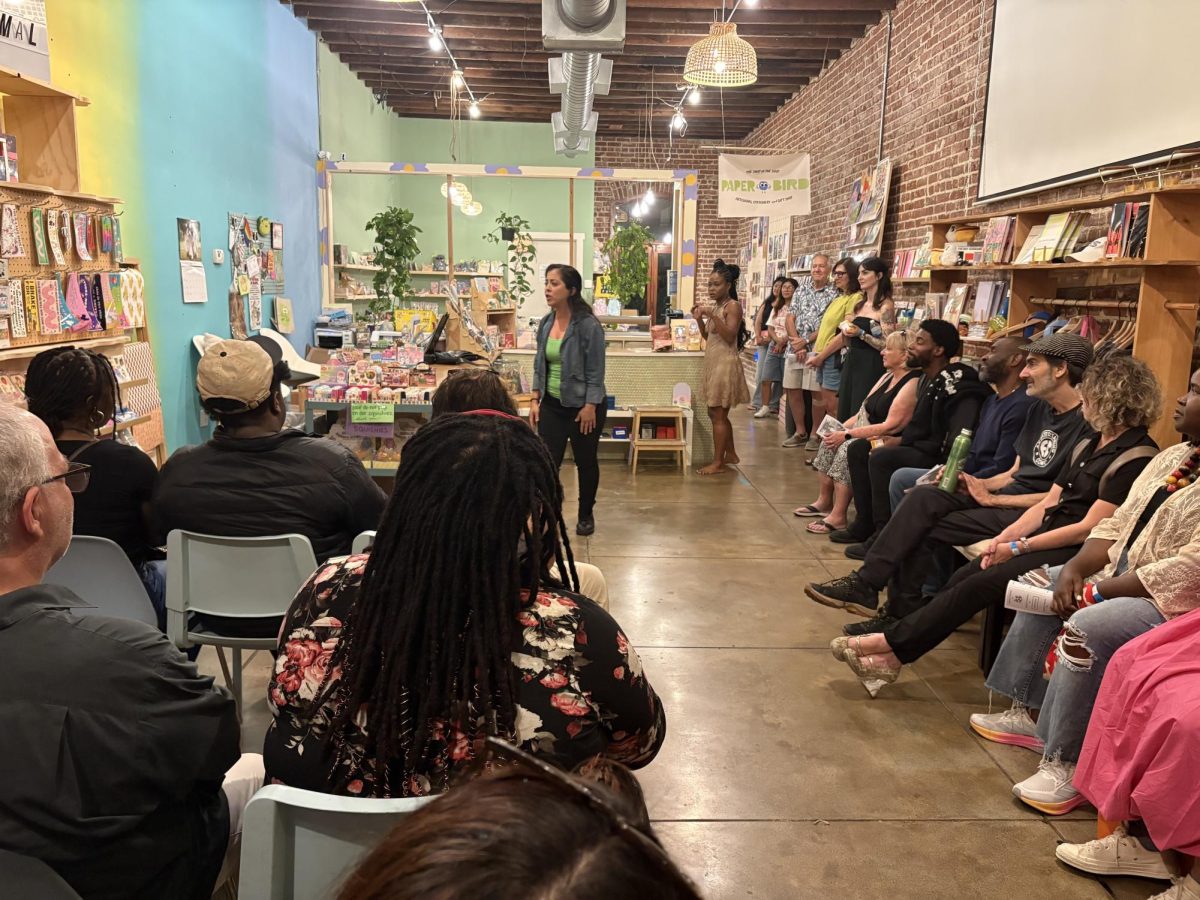As Black History Month unfolds, students and professors reflect on the contributions and legacies of African Americans who created a foundation for education and solidarity in the fight for social justice and equality.
For many who observe Black History Month, it serves as a reminder to celebrate those who came before and paved the path for opportunities for future generations.
“It’s so nice to have a month where I can reminisce and reflect on figures who made [opportunities available] like me being able to attend college possible,” said Ericka Hayes, a third-year student.
What started as the brainchild of historian and author Carter G. Woodson, Black History Month actually began as Negro History and Literature Week in 1924, according to the Association for the Study of African American Life and History (ASALH). With the help of his fraternity brothers, the nonprofit’s outreach grew larger, but Woodson wanted more. Post World War I, industrialization and urbanization brought over a million African Americans to urban cities from the South, expanding the Black middle class. By 1926, knowledge spread with more people consuming and participating in more Black literature and culture, increasing racial pride. The ASALH said Woodson chose February in honor of the birthdays of Abraham Lincoln and Frederick Douglass, two American figures who played a crucial role in Black history.
Woodson wanted to shift the focus of history studies from two great men to a great race, emphasizing that ordinary people shaped history. Woodson was committed to commemorating historical figures and wanted the African American community to recognize more of the many Black men and women who were a part of the advancement of civilization. He advocated for schools to use Black History Week to showcase what students had learned about Black history and culture throughout the year. Woodson argued that Black History Week should become Negro History Year because the history was too important to America to be crammed into one week or a month.
The influences of Woodson can be seen through the teachings of professors and educators across the nation. Nana Lawson Bush, a professor and chair of Pan African Studies at Cal State LA, believes the celebration of Black History Month goes far beyond four weeks per year. Bush explained that African history is world history, and it is a way of life for him to understand the world as a conscious and critical African educator. He emphasized the importance of learning, sharing and teaching others about Black culture not just once a year. Bush argued that the lack of proper teaching and understanding of one’s history allows people to stereotype and engage with people incorrectly. Therefore, he feels institutions should work at restructuring curricula and socialized thinking systems to bring true history to light.
“I would like our students to be able to walk on the stage of humanity in their full divinity, fully clothed in their culture, fully as they are,” Bush said.
Teachers slowly began lecturing on Black history in secret in addition to their standard lessons in the 1940s, sparking the Negro history movement. Due to the growing awareness of African American connections among young Black college students by 1976, Black History Month took the place of Negro History Week. The Association for the Study of Negro Life and History (ASNLH) made the changes from a week to a month and from Negro history to Black history. The ASNLH was founded by Woodson in 1915 to promote the study of Black life and history. Every American president since the mid-1970s has endorsed the annual theme through proclamations.
Celebrating Black History Month acknowledges past struggles but affirms the commitment to an equal and more inclusive future.








